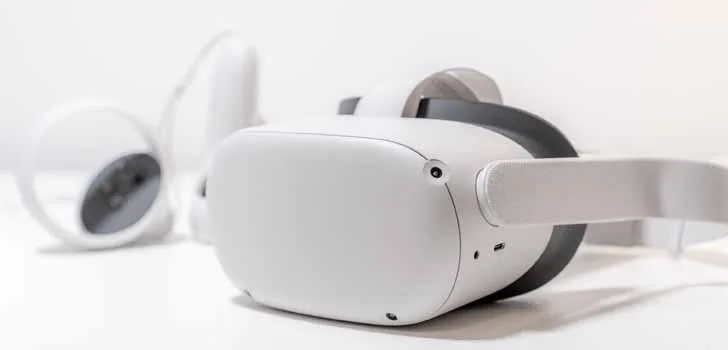A new study from a Massachusetts company indicates that virtual reality (VR) technology is a viable treatment for some multiple sclerosis (MS) symptoms.
The study, conducted by Boston-based XRHealth, showed VR as a safe, reliable, and engaging treatment for upper limb dysfunction in MS patients.
XRHealth operates state-of-the-art Virtual Clinics, integrating proprietary medical extended reality (XR) technology with licensed clinicians and advanced data analytics.
The company provides tech-based therapeutic solutions like rehabilitation services, cognitive assessment, training, and pain management.
MS, a neurological condition that causes limb dysfunction in more than half of patients, affects nearly 3 million people worldwide.
Common MS symptoms include muscle spasms, vision problems, and muscle weakness.
According to XRHealth, the study shows that VR is safe and has therapeutic potential.
VR Health CEO Eran Orr says the study proves virtual reality rehabilitation is safe and engaging for MS patients.
“Mobility is often difficult for patients with multiple sclerosis, and we believe XR and virtual treatment rooms in the metaverse ensures that patients can receive the rehabilitation that is much needed,” says Orr. “The virtual environment provides a therapeutic stage where patients feel like they are playing games and enjoying the process of recovery while being monitored and guided by a certified clinician.”
The study involved thirty patients between 20 and 81 years old, each participating in VR sessions with games and exercises in virtual clinics.
Physical therapists oversaw each session.
According to XRHealth, patients reported their experiences in the digital environment as helpful, challenging, and fun.
XRHealth says the treating clinician was able to watch the VR experience and adjust difficulty as needed based on data insights in real-time.
According to the physical therapist, VR training would be viable for 86.67 percent of MS patients.
XRHealth says the new study shows that VR therapy is feasible, safe, and engaging for MS patients, with the potential to improve upper limb functionality.

